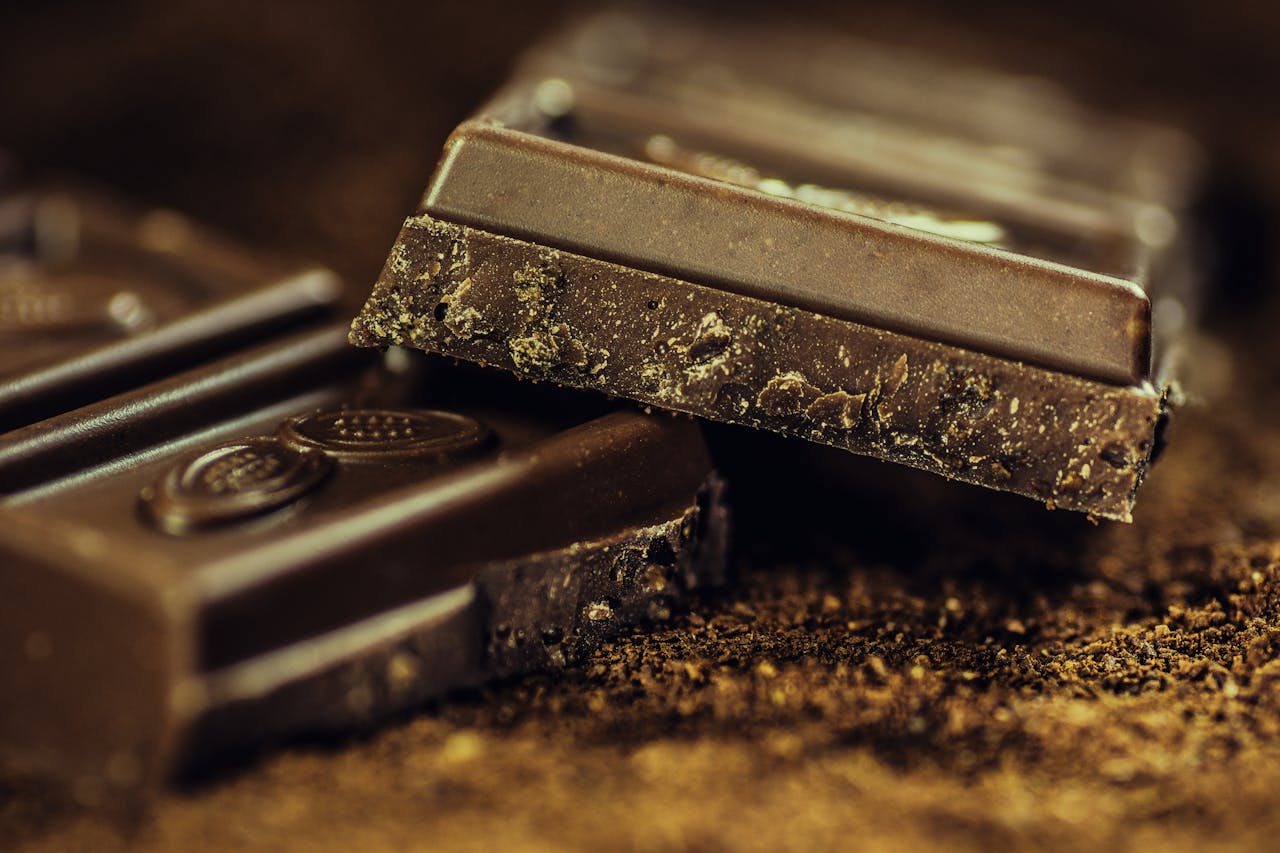
Bad news for chocolate lovers in South Africa
Chocolate enthusiasts in South Africa are bracing for another price increase following Ghana’s 45% rise in cocoa prices.

Chocolate enthusiasts in South Africa are bracing for another price increase as Ghana’s government announced a 45% rise in the producer price of cocoa for the 2024/2025 crop season on Wednesday, aiming to reduce smuggling.
Improve the welfare of cocoa farmers
The policy is also designed to improve the welfare of cocoa farmers as the new season begins, said Agriculture Minister Bryan Acheampong.
The new price, effective from Wednesday, raises the payment for a 64-kilogramme bag of cocoa beans to $192, up from $132.
That brings the farm gate price to $3 063 per tonne, a 129% increase from the opening price of $1,335 per tonne for the 2023/2024 season.
“This is an unprecedented increase of 129.36 percent,” Acheampong said as he announced the increase Wednesday.
“This appreciable increment in the producer price of cocoa signifies the government’s commitment to improve the sector and the livelihoods of the Ghanaian cocoa farmer.”
The price rise follows a mid-season adjustment last year when the government raised prices from $1 335 per tonne to $2 113 per tonne in response to soaring international cocoa prices.
New York cocoa futures have recently surged above $7 000 per tonne due to poor harvests in Ghana and Ivory Coast, the world’s top producers.
Farmers in these countries however often receive much lower prices, set by their governments.
Global supply shortfall
Experts suggest that increasing the farm gate price could lower the incentive for illegal cross-border sales, allowing farmers to reinvest in their cocoa farms, thus potentially easing the global supply shortfall.
Ghana’s cocoa harvest has declined in recent years due to weather challenges, disease, inadequate inputs, and smuggling.
Its cocoa sector, which accounts for about 10 percent of the nation’s GDP, relies heavily on smallholder farmers.
But the depreciation of the cedi, which has lost over 20 percent of its value against the dollar this year, has further squeezed farmers’ margins – even though international prices reached $10,000 per tonne in March before retreating.
Production costs have also soared, with fertilizers and other essential materials becoming increasingly expensive, while poor road networks have pushed up transport costs.
The sector has also had to contend with the Cocoa Swollen Shoot Virus Disease, which has devastated nearly 500 000 hectares of cocoa farms in recent years. That represents about 29 percent of Ghana’s total cocoa production area.
